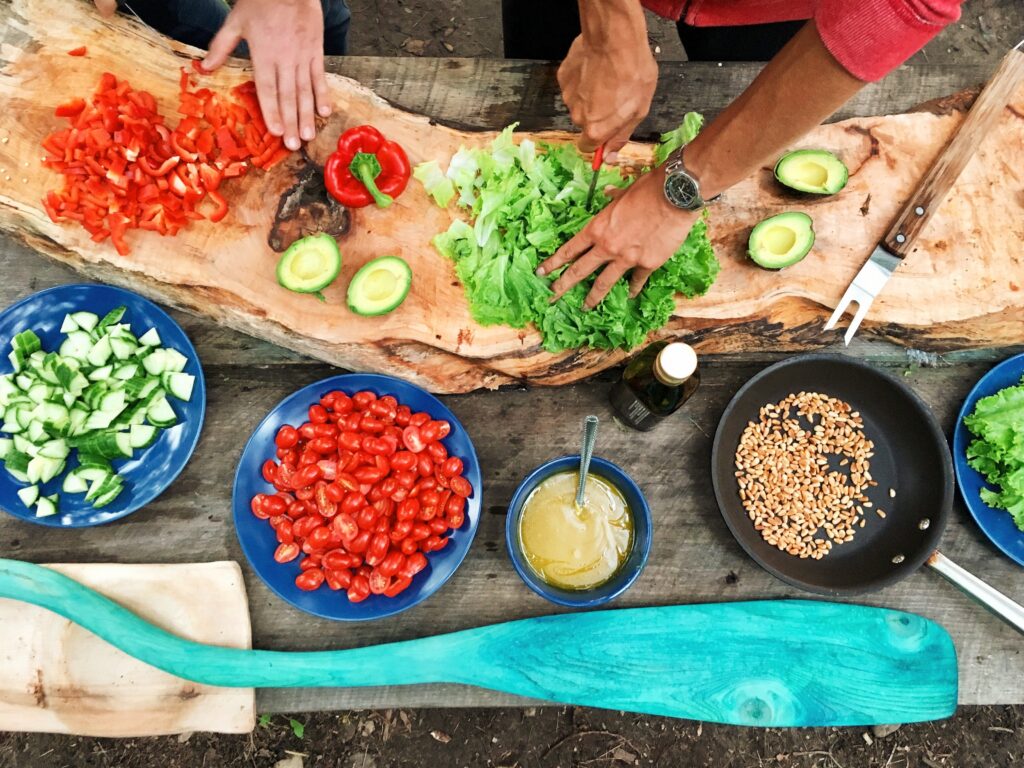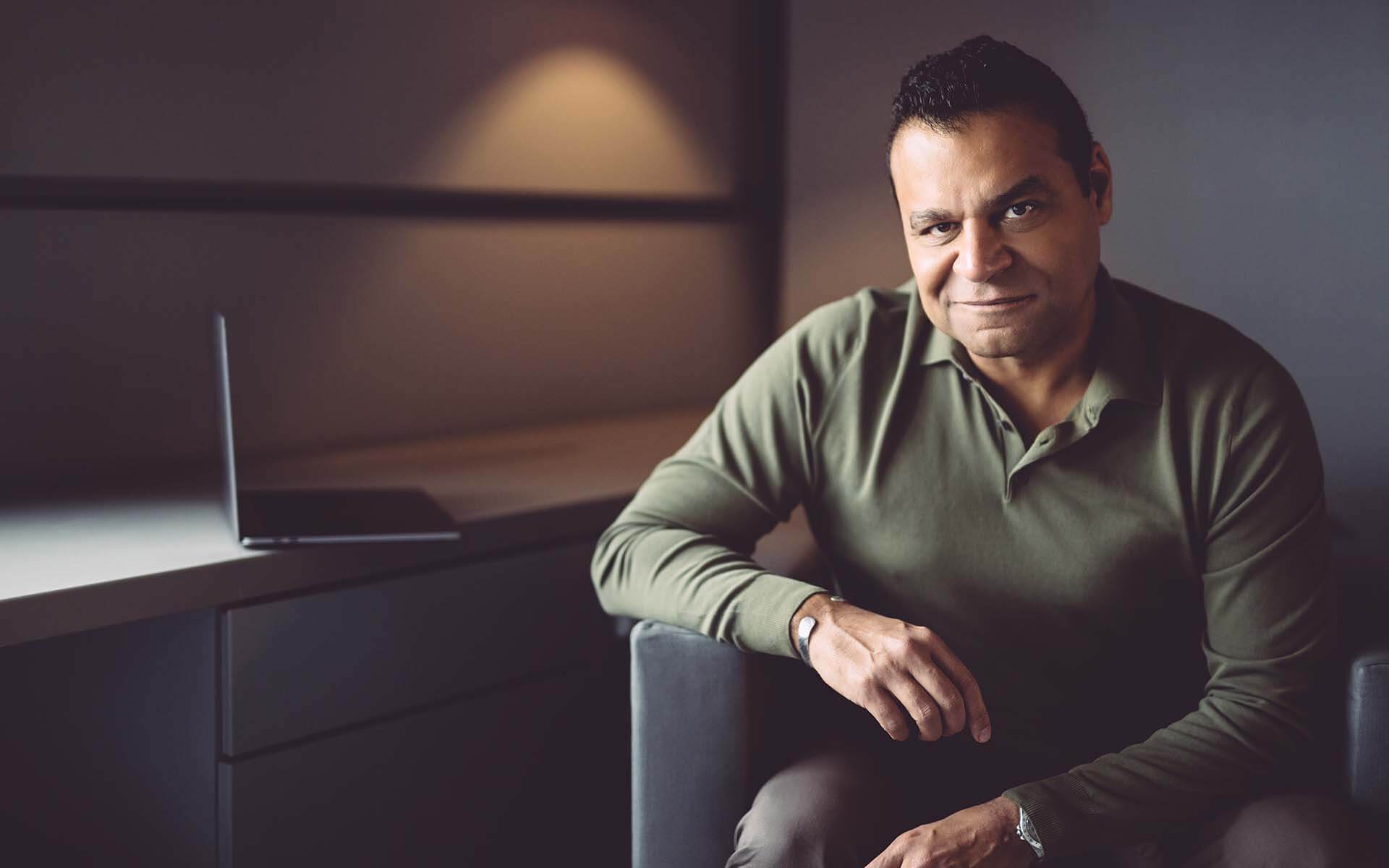People are overthinking about their past and the consequences that come with it; how it can affect their future and other things that could happen.
Vilfredo Pareto (1848-1923) said that you can achieve the greatest effect with just a small amount of effort. That 80% of the result is already achieved with 20% effort. For the remaining 20% success one wastes mostly unnecessary energy. If we lower our own expectations, put aside excessive perfectionism and give our best – as good as it is possible – there is also energy left for ourselves.
No one expects us to do everything perfectly.
Stress comes when we think that we are losing control and we let the external world affect our internal world.
Stress causes a lot of serious diseases like heart problems and blood clots, but also psychological diseases like burn-out or depression.
Life can be overwhelming at times which results in stress. It could be something happening in the office, or the needy children, or a disorganized household, or the lack of leisure activities.
What sounds like normal everyday life is for most primarily one thing – pure stress. But it’s not just packed days, but also the fast pace of our times with the expectation of constant accessibility that are partly responsible for the fact that many people are under a great deal of stress every day. Time and again, studies show that stress-related illnesses have been on the rise in recent years.
We often don’t even realize how stressed we are until it’s almost too late. The more we accumulate in our daily to-dos, the more our internal pressure increases.
Often, we only notice how stressed we really are in the quiet moments. Instead of relaxing, we continue to work and postpone the break. But it is precisely short breaks that are so important. Help to reduce stress immediately with proven and tested psychological methods.

So what to do when everything is just too much? These 2 psychological methods will help you cope with stress.
Method 1: First take a deep breath with the 4-7-11 method.
- Leave everything behind. Put down the pen and pause for a moment. With the 4-7-11 method, we get ourselves out of the circles of thoughts.
- Breathe deeply into the belly while counting to four. Then exhale for seven seconds.
- Repeat the whole thing eleven times. Numerous studies prove the effect of conscious breathing as a relaxation technique. Under stress, we breathe far too shallowly.
- Deep breathing, on the other hand, resupplies the body with sufficient oxygen and lowers blood pressure. Counting at the same time creates new focus and interrupts stressful thoughts.
Method 2: Feel your body and breath
Usually we breathe completely unconsciously. Relaxation techniques direct our attention to breathing to ease the way out of stress and tension. Breathing is one of our basic rhythms, a rhythm that we can consciously influence.
Here are relaxation exercises:
- Sit or stand upright and place both hands on the tips of your lungs. Consciously breathe in and out into this area. Feel how the chest rises and falls.
- Place your hands on the lower ribs and feel how the ribs expand and close again in your breathing rhythm.
- Place your hands on the lower abdomen, the fingers below the navel, the thumbs above and feel the breathing movement here.
- Put the backs of your hands on your back as high as possible and feel the expansion of the breathing space in this area.
- Put your hands on the kidney area, feel the breathing space here.
- Put your hands on your sacrum, feeling the small movements that your breath is in this area triggers.
Put your hands on the lower costal arch again and feel from here all of your breathing




